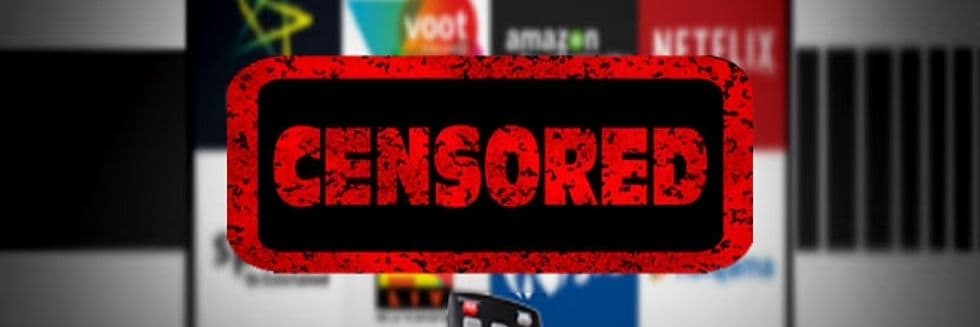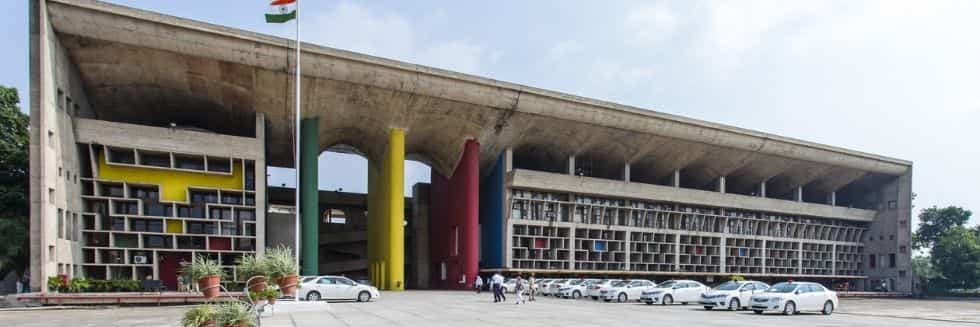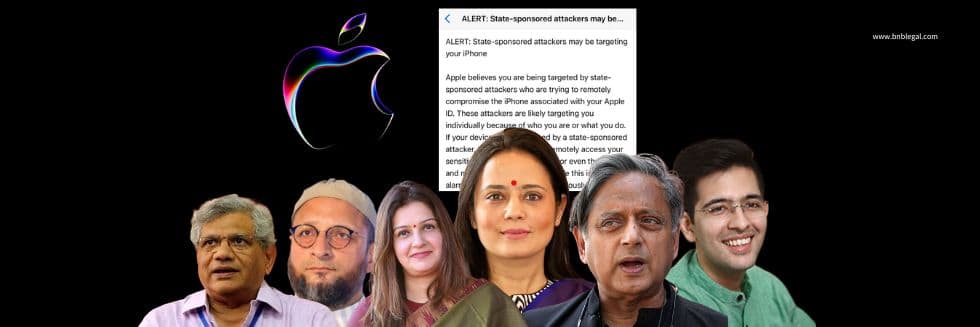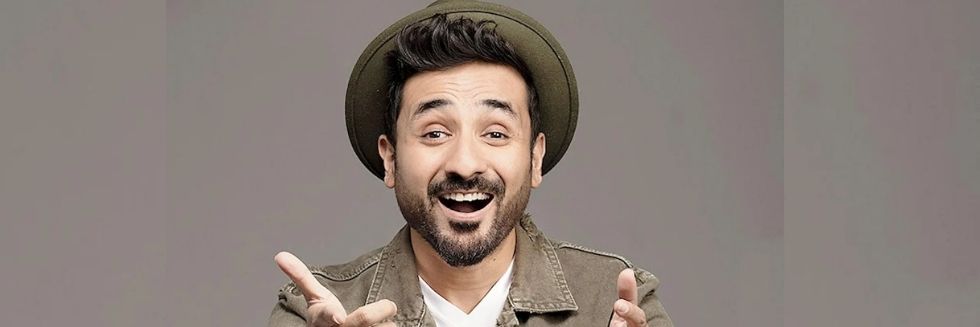The Foundation for Independent Journalism, a trust which owns the online news portal ‘The Wire’ has moved Delhi High Court challenging the new rules introduced by the Centre government to regulate internet intermediaries, Over-The-Top(OTT) platforms, and digital news media.
The division bench of Chief Justice DN Patel and Justice Jasmeet Singh will hear the plea today.
The petition has been moved by Foundation for Independent Journalist, a trust which owns ‘The Wire’, founder and editor-in-chief of The News Minute, Dhanya Rajendran, and founding editor of The Wire, MK Venu.
On February 26, Centre notified a new set of sweeping rules, Information Technology (Intermediary Guidelines and Digital Media Ethics Code) Rules, 2021 which will bring all the social media companies, streaming, and digital news content under the ambit of government supervision.
These rules prescribe a code of ethics and a three-tier content regulation mechanism under the Information Technology Act, 2000.
The rules received criticism from several journalists, activists, and lawyers calling it an attempt to muzzle the freedom of press and tighten executive control over digital media.
After the rules were notified by the government, Sidharth Varadarajan, the founding editor of ‘The Wire’ commented, “On a quick reading, the burdens being placed on publishers of digital news go beyond the basic restrictions on freedom of speech (and thus freedom of the press) envisaged by Article 19 and are therefore ultra vires the Constitution. Digital publishers are already subject to Article 19 restrictions and the numerous defamation cases filed against them, not to speak of various criminal cases, are proof of how existing laws are being used (or abused)in order to regulate digital media.”
He further added, “The Indian constitution does not grant the executive the power to sit in judgment over the suitability of content published by the media. Granting an inter-ministerial committee of bureaucrats the power to pass judgment on what can and can’t be published or to decide on whether a media platform has responded adequately to grievances raised by members of the public has no basis in law and will amount to killing freedom of the press in India. Just to reiterate, existing laws already define the reasonable restrictions on press freedom in India and any reader or government official with a grievance is free to seek a legal remedy provided it falls within the four walls of the “reasonable restrictions” defined by the constitution and 70 years of Indian jurisprudence on them. The media cannot be compelled to address “grievances” that go beyond that Lakshman Rekha”.”






